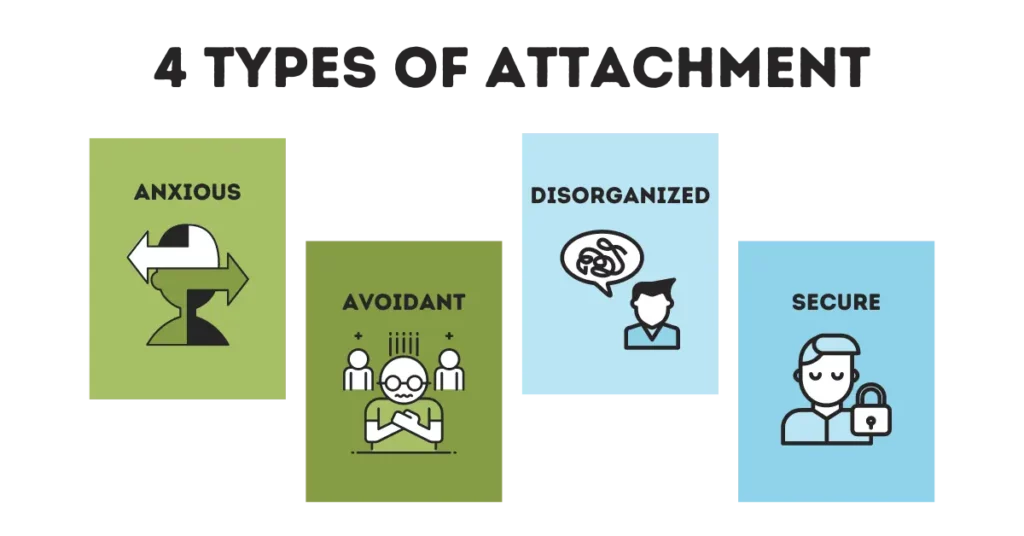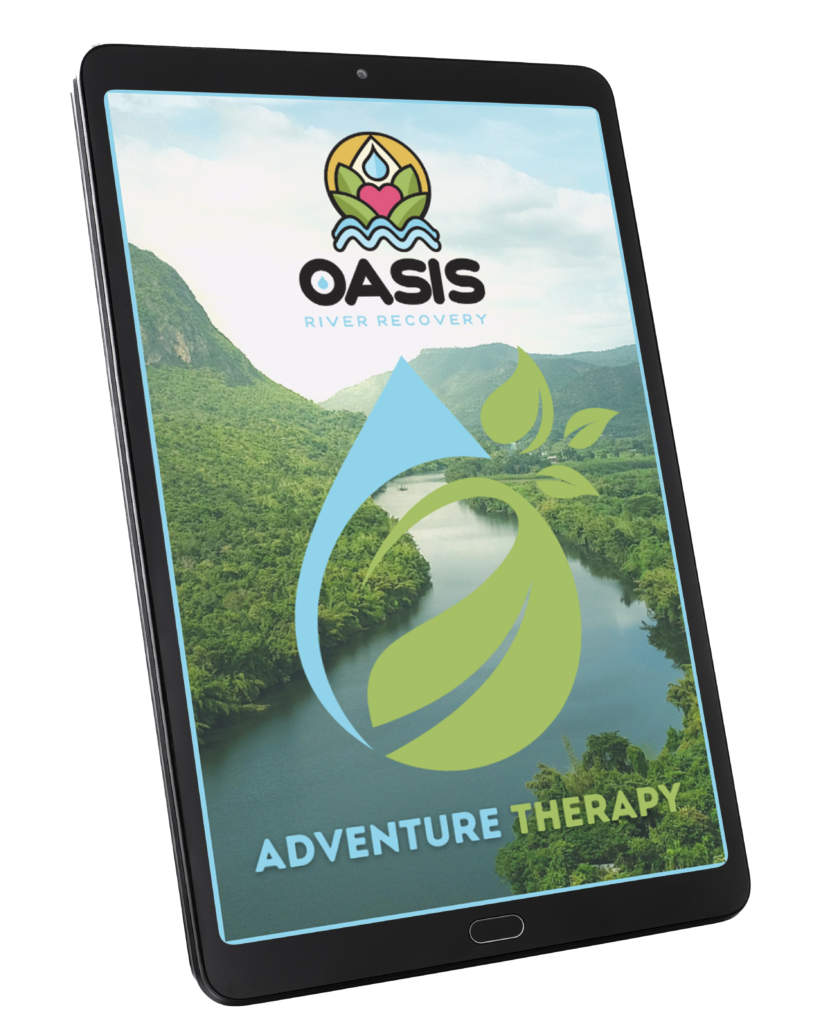HEALING MODALITIES
Oasis River Recovery uses attachment theory to explore insecure attachment styles, reduce unhealthy coping mechanisms such as drug addiction, and form secure and healthy relationships.
Attachment theory examines the ties and patterns of interaction between people, starting in childhood, between them and their caregivers. These patterns of attachment can repeat themselves in an individual's interpersonal relationships throughout their life, especially in close relationships. Based on attachment theory, substance abuse can be used by individuals to make up for ineffective means of forming connections or dealing with an anxious attachment style.

Human beings are naturally sociable creatures, born with the instinct to form relationships with others to satisfy our desires for companionship and comfort. John Bowlby's original attachment theory and Mary Ainsworth's expanded work suggest we form our attachment styles based on if our caregivers met our childhood requirements.
If our guardian was accessible, understanding, and attentive to our needs, we can create a secure attachment style. This gives us a feeling of safety, security, and comfort that helps us manage and move through hardships in life.
People who had primary caregivers who were unreliable, rejecting, or disregarded their needs tend to form anxious attachment styles and addictive behaviors. Many use self-medication to cope with their feelings of alienation, isolation, and stress. Not every person with an insecure attachment style develops an addictive disorder, and some people with secure attachment styles can still develop a drug addiction. Our life experiences and family systems are unique, and our responses to them differ from individual to individual.

According to attachment theory, there are four main attachment styles that form in early childhood to early adulthood.
1. Secure Attachment
Individuals with a secure attachment style possess an underlying confidence that the people around them can be relied upon. Additionally, they are comfortable with other people depending on them and are at ease with both autonomy and intimacy in romantic relationships.
2. Anxious Attachment
Those with an anxious attachment style often dread that someone may leave them, believing most people are unreliable. This could manifest in "needy," "clingy," or dominating behaviors. Anxiously attached individuals can be extra sensitive to the temperaments of others and find it hard to set boundaries and limits.
3. Avoidant Attachment
Those with an avoidant attachment style tend to be uneasy about having others rely on them or be connected to them. They are often scared of intimacy and may appear dispassionate, unaffectionate, and unwilling to engage in conflict.
4. Disorganized Attachment
A disorganized attachment style is frequently seen in those who have suffered from child abuse, and are likely to experience both anxious and evasive behavior as adults.

Oasis River Recovery strives to provide a unique recovery program unlike anything offered in the area. By incorporating evidence-based treatment, experiential therapy methods, and holistic healing modalities, we've created a program that blends into our location's natural beauty
Studies show attachment styles of various kinds of substance abusers can be different during their stages of growth. A fearful-avoidant attachment was commonly seen in heroin and opioid users, whereas alcohol abusers showed a mixture of styles. Co-existing mental health disorders and the intensity of substance use disorder also play a major role. The relationship between insecure attachment and substance abuse disorders is more prominent during adolescence than adulthood.
When someone has a secure attachment style and can easily make healthy attachments, they usually take action and manage stress with confidence. If this is absent, an individual can often use an addiction to deal with mental health disorders, physical distress, and life struggles. It's important to simultaneously evaluate a person's attachment and addiction issues for successful addiction treatment.
Associated long-term effects of insecure attachment can go beyond substance abuse, including other risk factors such as anger issues, dangerous activities, romantic relationship problems, addictive habits, and eating disorders. When life gets too challenging, and someone has problems with attachment security and emotional regulation, addiction can serve them as a way of making it through.

If you or someone you know is struggling with attachment anxiety and substance abuse, reach out to Oasis River Recovery. Our team of professionals uses attachment theory to explore different attachment disorders to create a treatment plan that fits your specific needs. Addiction recovery and forming healthy adult attachments is not something you need to do alone.
At Oasis River Recovery, our mission has always been to provide compassionate, evidence-based care for those seeking recovery. However, we want to inform you that Oasis River Recovery center is currently paused and not accepting new patients at this time.
While this program is on hold, we are grateful to be part of the HCANA network, which includes two outstanding recovery centers that are currently accepting patients and can offer the same high-quality care:
Oasis Recovery Center – Located in the heart of Asheville, NC, this facility provides personalized addiction treatment in a supportive, healing environment.
Knoxville Recovery Center – A trusted provider offering comprehensive addiction and mental health treatment in Knoxville, TN, with a focus on long-term recovery.
Both centers operate under the same commitment to excellence as Oasis River Recovery and are ready to help you or your loved one begin the journey toward healing.
If you have any questions or need assistance finding the right program, please don’t hesitate to reach out to either Knoxville Recovery Center or Oasis Recovery Center. We’re here to support you in finding the care you deserve.
Thank you for trusting us with your recovery journey. We hope to serve you again in the future.